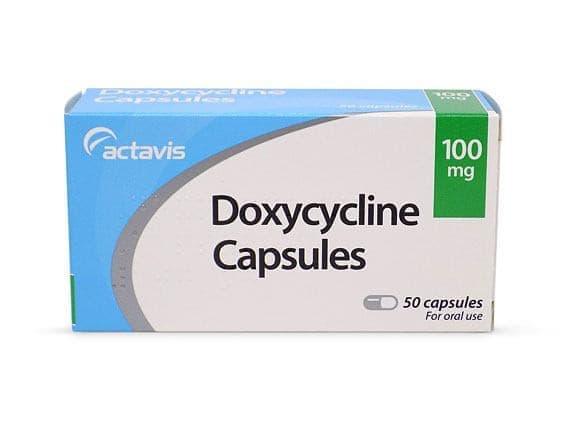



clamidia
- Start your online consultation and select a suitable treatment from our range of options.
- Our in-house clinicians will review your order and, if appropriate, prescribe it.
- Receive your order within 2-3 working days.
Takes approximately 2 mins to complete.
2 productos
-
Cápsulas de 100 mg de doxiciclina
 Cápsulas de 100 mg de doxiciclina
Cápsulas de 100 mg de doxiciclina- Precio regular
-
£ 7.08 - Precio regular
-
- Precio de venta
-
£ 7.08
-
Tabletas de 250 mg de azitromicina
 Tabletas de 250 mg de azitromicina
Tabletas de 250 mg de azitromicina- Precio regular
-
£ 5.88 - Precio regular
-
- Precio de venta
-
£ 5.88

Causes
Diagnosis
Treatments
Prevention
Further info
FAQs
¿Qué es la clamidia?
¿Cómo sé si tengo Clamidia?
¿Existe una cura para la clamidia?
¿Cómo puedo reducir mi riesgo de contraer Clamidia?
Medically reviewed & approved
This page was medically reviewed by Dr Sohaib Imtiaz (clinical lead) |
Testimonials




We are here to help!
Our Customer Service is available:
Monday to Friday 8 am to 5 pm.
If you need urgent assistance, do not use this service. Call 111, or in an emergency call 999.
More information about our service can be accessed from our knowledge hub below.



